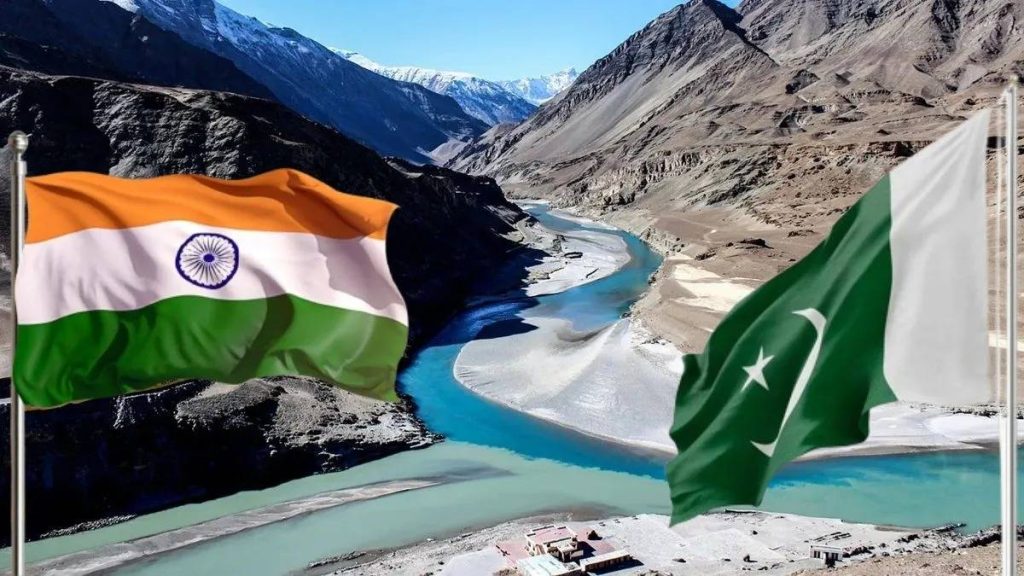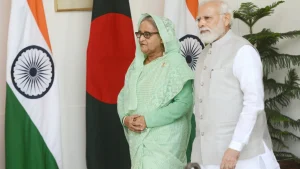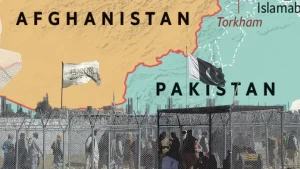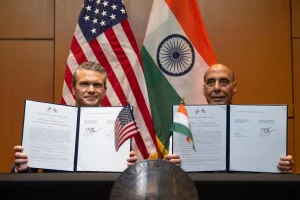India’s unilateral suspension of the Indus Waters Treaty (IWT) has reignited tensions over one of South Asia’s most vital shared resources: the Indus River system. The move, which followed the Pahalgam incident earlier this year, represents not only a violation of a decades-old water-sharing framework but also a troubling precedent for the politicisation of transboundary resources.
As Pakistan’s Ambassador Asim Iftikhar Ahmad noted at the United Nations, this “deliberate weaponisation” of shared waters undermines international law and endangers millions who depend on the Indus basin for agriculture, energy, and daily survival. For more than six decades, the IWT, which was brokered by the World Bank, stood as a rare model of resilience, functioning even during wartime. India’s decision disrupts this stability, eroding trust and cooperation in an already fragile regional environment.
By halting data-sharing and threatening the equitable flow of water, New Delhi risks aggravating humanitarian and ecological crises downstream. Such coercive actions could trigger food insecurity, energy shortages, and environmental degradation in Pakistan. These outcomes will inevitably reverberate across the broader region.
The Court of Arbitration’s 2025 ruling reaffirmed the treaty’s validity and dispute-settlement mechanisms, underscoring that unilateral actions have no legal basis. Pakistan’s call for a full return to compliance is, therefore, not just a bilateral demand but a defense of global norms against resource-based coercion. If left unchecked, India’s move may embolden similar violations elsewhere, undermining collective efforts to safeguard peace and environmental security.
















